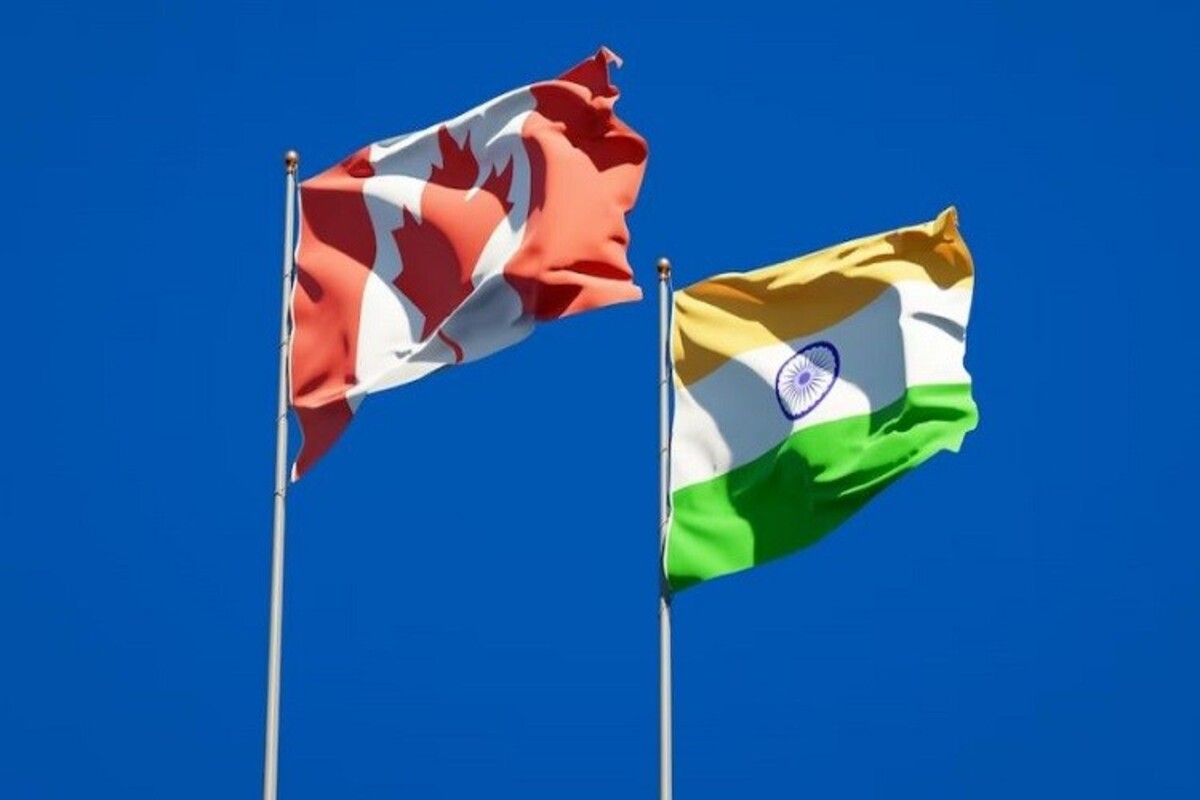“Only objective was to vilify India for his domestic vote bank politics”: Former diplomat Ashok Sajjanhar on India-Canada row
India, according to Sajjanhar, has been forthcoming with American authorities, showcasing a willingness to cooperate.
The US special envoy said, “We want everyone to help – including the Indian Government – help advance the investigation into this murder.”

Representational Photo
In the midst of diplomatic tensions and the deterioration of relations between countries following Canadian Prime Minister Justin Trudeau’s accusation of Indian complicity in the assassination of Sikh separatist leader Hardeep Singh Nijjar, James Rubin, the Special Envoy and Coordinator of the Global Engagement Centre, described the situation as a “tricky subject.” He expressed the desire for cooperation in the investigation, to the extent possible, while acknowledging the sensitivity of the issue.
During a virtual press briefing on October 5, the US special envoy said, “This is a tricky subject. Let me just say that we support Canada’s investigation. We want everyone to help – including the Indian Government – help advance the investigation into this murder, and we would urge everyone to cooperate and to take the investigation as far as it goes.”
Advertisement
On whether such tensions as the one between New Delhi and Ottawa could breed disinformation campaigns, Rubin said it is an area that is ripe for “information manipulation”.
Advertisement
“Let me just say in our report, if you take a look at it, there are a few examples given about particular Chinese interference in Canadian domestic politics and in their universities and ways in which they’ve sought to manipulate their individuals, coerce individuals, and discredit individuals. And those accounts are in the report, and I urge you to take a look at that. This is obviously an area that is ripe for information manipulation,” he said.
“I haven’t seen any specific evidence of the Canadian-Indian issue, but I do know that China has made a big effort to interfere in the domestic affairs of Canada through the ways I mentioned. And it’s particularly ironic, because you may remember that for decades China was the loudest demander that nobody interferes in their domestic affairs, and yet when it comes to information manipulation, when it comes to interfering in the politics in Canada, when it comes to the South China Sea, where they’re interfering in the territorial waters of countries around the region, when it comes to the famous balloon incident – suddenly sovereignty is not so important to the Chinese Government,” the state department spokesperson added.
The State Department spokesperson was presenting a report that showed how China had been trying to distort global information.
“This is the first comprehensive US State Department analysis of how Beijing employs these deceptive and coercive methods as it attempts to distort the global information space. It is doing so to advance its geopolitical objectives,” Rubin told media persons.
“When the provenance of information is not clear, when we don’t know that it’s the Chinese Government or the Russian Government doing something, that’s when it’s information manipulation. The Chinese have a phoney persona called Yi Fan, which we talk about in this report, who purports to be an international affairs commentator when we know full well he’s a foreign affairs operative for their foreign ministry. So that’s the hard part. I can’t tell you for sure whether that will happen in Canada.” he added.
Meanwhile, amid the diplomatic spat, New Delhi has suspended the visa operations to Canada and sought a reduction in Canadian diplomatic presence in India citing “interference in internal matters”.
Addressing the press briefing on Thursday, MEA spokesperson Arindam Bagchi said, “Given the much higher presence of diplomats or diplomatic presence here…and their continued interference in our internal matters, we have sought parity in our respective diplomatic presence. Discussions are ongoing on the modalities of achieving this.”
“Given that Canadian diplomatic presence is higher, we would assume that there would be a reduction,” he added.
Asked if the reduction in the number of Canadian diplomats could result in a decrease in the number of visas issued by the Canadian High Commission in India, Bagchi said, “It’s up to the Canadian side, who they choose to staff the High Commission with…our concerns are related to ensuring parity in diplomatic presence.”
Earlier, during a debate in the Canadian Parliament, Trudeau claimed his country’s national security officials had reasons to believe that “agents of the Indian government” carried out the killing of the “Canadian citizen” Nijjar. The allegation was termed absurd by the Ministry of External Affairs.
(With Inputs from Agency)
Advertisement